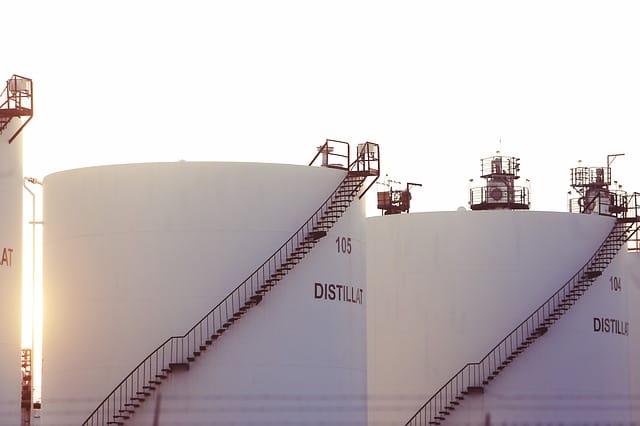
Money can’t buy happiness, but is there any reason to waste it on penalties for failing to register a petroleum bulk storage (PBS) facility? That’s what some building owners just learned: three recent cases provide some insight into how the New York Department of Environmental Conservation (DEC) penalizes building owners for PBS registration violations. Administrative law judges made recommendations of stiff penalties to the DEC Commissioner Basil Seggos, who ultimately decided and ordered the penalties be paid.
First, a closer look at these cases:
The recent cases involved buildings in Brooklyn, Manhattan, and the Bronx.
In the Manhattan case, a building owner failed to renew registration before the expiration of the registration in July 2016. Initially, DEC staff sought a penalty of $7500. However, the administrative law judge concluded that a penalty of $5,000 was appropriate because the DEC staff had not proved that the violation continued for more than two years. Commissioner Seggos ordered the owner to pay a $5,000 civil penalty.
In the Bronx case, the building owner failed to register the PBS facility at the building within 30 days of its acquisition of the property, as required by law. As in the Manhattan case, Commissioner Seggos ordered the company to pay a $5,000 civil penalty.
Finally, in the Brooklyn case, as in the Bronx case, a building owner failed to register the PBS facility within 30 days from its purchase, in July 2011. DEC staff first served notice of the violation in 2016, at which time the respondent building owner and DEC staff attempted to settle the matter. However, the owner failed to comply with DEC’s then-imposed deadlines for payment. Due to the owner’s continued non-compliance, DEC re-served the violation to the owner, who did not file an answer or appear in the new proceeding. As a result, Commissioner Seggos ordered the owner to pay a $7,500 civil penalty, which is actually less than the typical penalty for this duration of the violation. The violation in this case exceeded five years in length, for which the usual penalty was higher.
There are a few notable similarities and difference between these three cases:
A. In all three cases, the respondents neither filed answers nor appeared in the final proceedings. Therefore, it’s not clear whether greater participation would result in reduced penalties. However, we know from experience in negotiating dozens of administrative settlements with DEC that few things bother the Department as much as a non-responsive or uncommunicative Respondents.
B. As we saw in the Manhattan and Brooklyn cases, the Commissioner may reduce the penalty if the DEC staff cannot prove the duration of the violation or if a lower penalty is otherwise “appropriate” according to the administrative law judges and Commissioner. We have seen this play out in some of the matters that we handle and use these factors as negotiating tools when communicating with DEC.
C. In both the Bronx and Brooklyn cases, building owners failed to register the PBS facilities within 30 days of acquiring the building. This is a “low hanging fruit” type of violation for DEC. It’s surprising how many real estate attorneys fail to advise their clients of this requirement prior to closing.
Property owners should be aware of the similarities and differences between these situations in order to remain in compliance and mitigate potential penalties in the future.
So, what have we learned?
The simple takeaway here is that, when you acquire a building that has a registered tank under the State’s PBS program, always renew your registration within 30 days of closing, or have at least $5,000 ready to pay in penalties. That unattractive alternative of paying a hefty fine should ensure that you renew your PBS registration, which only costs a few hundred dollars per tank!
Call the attorneys of Periconi, LLC at 212-213-5500 if you own a storage tanks facility and would like to learn more about the State’s PBS Program or if the DEC has issued a violation to you under the PBS Program, such as for failing to renew a facility registration.

